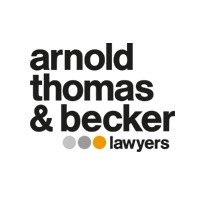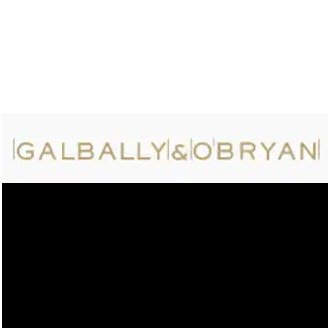Best Property Damage Lawyers in Melbourne
Share your needs with us, get contacted by law firms.
Free. Takes 2 min.
List of the best lawyers in Melbourne, Australia
About Property Damage Law in Melbourne, Australia
Property damage law in Melbourne, Australia refers to the body of legal rules governing civil disputes about damage or destruction of tangible property. This includes both residential and commercial property, and can involve a wide range of damage from vandalism to accidental destruction. Australia has a complex system of laws, and property damage is generally covered under contract law, tort law, and various state-specific statutes in Victoria.
Why You May Need a Lawyer
There are numerous situations where you might require legal help when dealing with property damage. These can include disputes with neighbours over damaged fences or trees, issues with tenants causing damage to your property, disagreements with insurance companies about coverage for damage, or seeking compensation from individuals or companies that have damaged your property. A lawyer can help you understand your rights, negotiate settlements, handle insurance claims, or represent you in court if necessary.
Local Laws Overview
In Melbourne, the key laws related to property damage fall under tort law, which deals with civil wrongs that cause someone to suffer loss or harm. Several specific laws are particularly relevant here, such as the Wrongs Act 1958, which covers the tort of nuisance, or the Fences Act 1968, which addresses issues of fencing between neighbouring properties. Property damage caused through criminal acts such as vandalism is regulated by the Crimes Act 1958. The Residential Tenancies Act 1997 also outlines the rights and responsibilities of landlords and tenants in relation to property damage.
Frequently Asked Questions
1. Can I take legal action if my neighbour's tree damages my property?
Yes, under the Wrongs Act 1958, you may be entitled to take legal action if you can prove that your neighbour's tree has damaged your property and that the neighbour was negligent in allowing it to do so.
2. What can I do if my tenant damages my property?
Under the Residential Tenancies Act 1997, landlords have the right to seek compensation from tenants for any damage they cause to the property beyond wear and tear. If the tenant refuses to pay, landlords may apply to the Victorian Civil and Administrative Tribunal (VCAT) for a hearing.
3. Can I claim against my insurance for property damage?
Most property insurance policies cover certain types of property damage, such as that caused by natural disasters, fires or flooding. Whether or not an individual claim will be covered depends on the specific terms of your policy.
4. How can I prove someone has vandalised my property?
Proving vandalism can be difficult and generally requires evidence, such as photographs or videos, eyewitness accounts, or proof of a motive. In some cases, you may need to report the incident to the police to establish an official record of it.
5. What sort of compensation can I expect for property damage?
Compensation for property damage typically includes the cost of repair or replacement of the damaged property. However, the amount can vary based on the specifics of the case, including the nature and extent of the damage, the market value of the damaged property, and any related costs such as loss of use or enjoyment.
Additional Resources
The Victorian Law Handbook provides a wealth of information on different areas of law, including property damage. Victoria Legal Aid also offers free information and advice on legal issues. The Australian Government's Law and Justice website, as well as the website of Victoria's legal department, are also excellent resources.
Next Steps
If you require legal assistance with property damage, consider consulting with a legal professional specialising in this field. They can provide guidance on your specific situation, advise you on your rights and obligations, and guide you through the proceedings as required.
Lawzana helps you find the best lawyers and law firms in Melbourne through a curated and pre-screened list of qualified legal professionals. Our platform offers rankings and detailed profiles of attorneys and law firms, allowing you to compare based on practice areas, including Property Damage, experience, and client feedback.
Each profile includes a description of the firm's areas of practice, client reviews, team members and partners, year of establishment, spoken languages, office locations, contact information, social media presence, and any published articles or resources. Most firms on our platform speak English and are experienced in both local and international legal matters.
Get a quote from top-rated law firms in Melbourne, Australia — quickly, securely, and without unnecessary hassle.
Disclaimer:
The information provided on this page is for general informational purposes only and does not constitute legal advice. While we strive to ensure the accuracy and relevance of the content, legal information may change over time, and interpretations of the law can vary. You should always consult with a qualified legal professional for advice specific to your situation.
We disclaim all liability for actions taken or not taken based on the content of this page. If you believe any information is incorrect or outdated, please contact us, and we will review and update it where appropriate.












